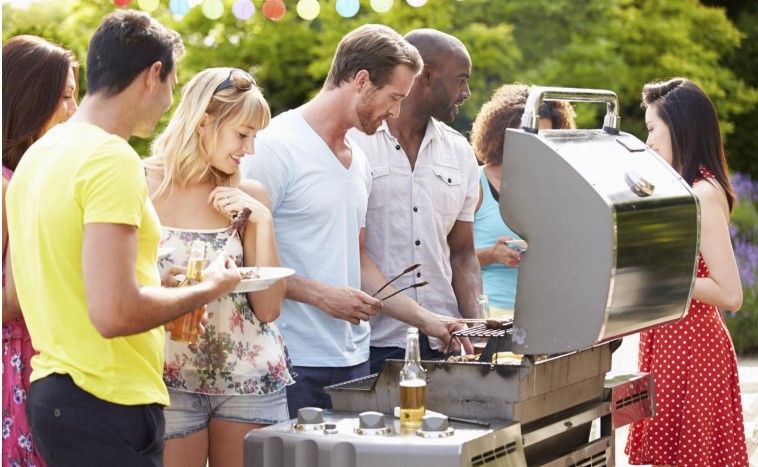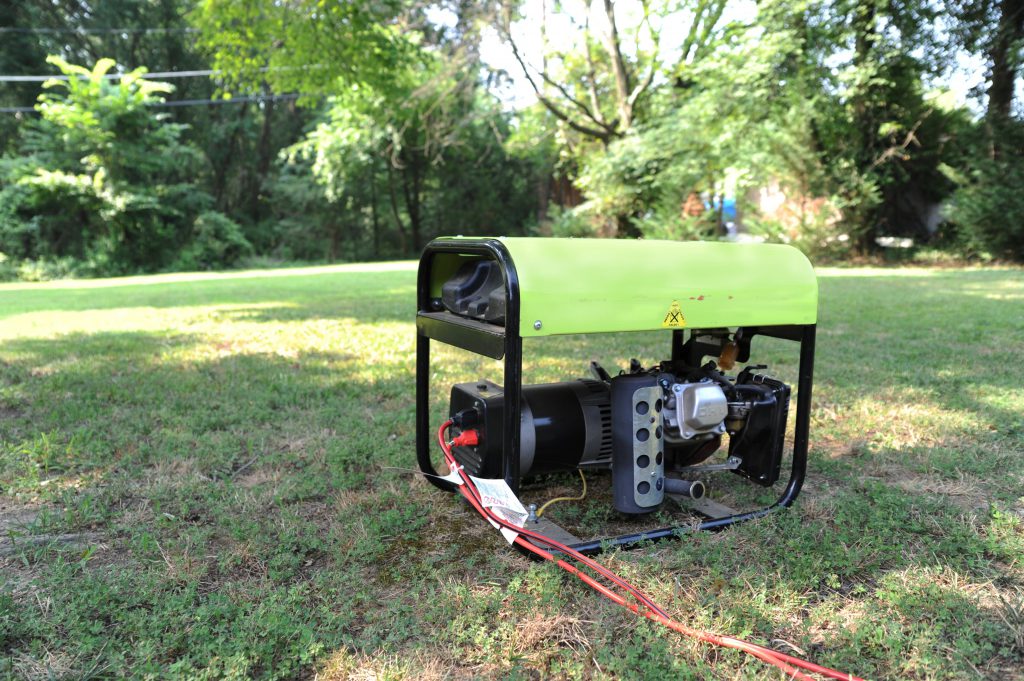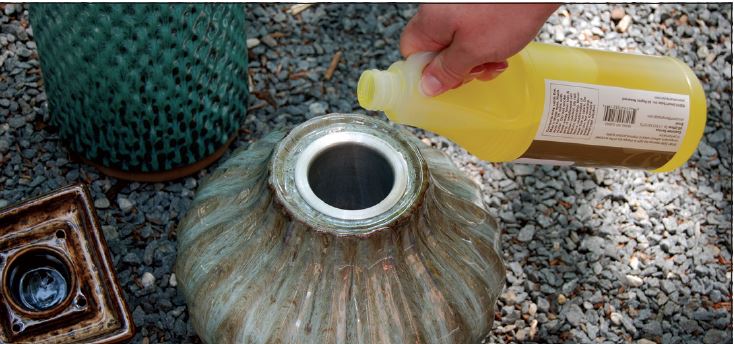Archives: Public Service Announcement
Public Notices
Homeowner Safety Checklist

Content coming soon…
Home Away From Home

Content coming soon…
Holiday Fire Safety

Content coming soon…
Hoarding Tip Sheet

Content coming soon…
Heating Safety

Content coming soon…
Heater Safety

Content coming soon…
Halloween Safety

Content coming soon…
Grilling Safety


Never use a grill indoors and don’t leave it unattended.
- When lighting a grill, keep the top open. If it does not light in the first several attempts, wait five minutes before trying again.
- Check the grill’s tubes and hoses before using a grill that has not been used in a while.
- Keep your grill clean.
- When grilling, place the grill away from your home, deck railings and out from under eaves.
PROPANE GRILLS
- Check the gas tank hose for leaks before using it for the first time each year.
- Apply a light soap and water solution to the hose. A propane leak will release bubbles. If your grill has a gas
leak, by smell or the soapy bubble test, and there is no flame, turn off both the gas tank and the grill. If the leak stops,
get the grill serviced by a professional before using it again. If the leak does not stop, call the fire department. - If you smell gas while cooking, immediately get away from the grill and call the fire department. Do not move the grill.
- If the flame goes out, turn the grill and gas off and wait at least 5 minutes before re-lighting it.
CHARCOAL GRILLS
- There are several ways to get the charcoal ready to use. Charcoal chimney starters allow you to start the charcoal using newspaper as a fuel.
- If you use a starter fluid, use only charcoal starter fluid. Never add charcoal fluid or any other flammable liquids to the fire.
- Keep charcoal fluid out of the reach of children and away from heat sources.
- There are also electric charcoal starters, which do not use fire. Be sure to use an extension cord for outdoor use.
- When you are finished grilling, let the coals completely cool before disposing in a metal container.
SAFETY TIPS
- Propane and charcoal BBQ grills should only be used outdoors.
- The grill should be placed well away from the home, deck railings and out from under eaves and overhanging branches.
- Keep children and pets at least three feet away from the grill area.
- Keep your grill clean by removing grease or fat buildup from the grills and in trays below the grill.
- Never leave your grill unattended.
- Always make sure your gas grill lid is open before lighting it.
Generator Safety


Downed utility lines, power company blackouts, heavy snow falls or summer storms can all lead to power outages. Many people turn to a portable generator for a temporary solution without knowing the risks.
- Generators should be used in well ventilated locations outside at least 5 feet (1.5 meters) away from all doors, windows, and vent openings. Measure the 5-foot (1.5 meters) distance from the generator exhaust system to the building.
- Never use a generator in an attached garage, even with the door open.
- Place generators so that exhaust fumes can’t enter the home through windows, doors or other openings in the building. The exhaust must be directed away from the building.
- Make sure to install carbon monoxide (CO) alarms in your home. Follow manufacturer’s instructions for correct placement and mounting height.
- Turn off generators and let them cool down before refueling. Never refuel a generator while it is hot.
- Store fuel for the generator in a container that is intended for the purpose and is correctly labeled as such. Store the containers outside of living areas.
Just Remember…
When plugging in appliances, make sure they are plugged directly into the generator or a heavy duty outdoor-rated extension cord. The cords should be checked for cuts, tears and that the plug has all three prongs, especially a grounding pin. If you must connect the generator to the house wiring to power appliances, have a licensed electrician install a properly rated transfer switch.
Gel Fuel Warning


SAFETY RECALL
Due to the serious risk of flash fire and burns when consumers add pourable gel to an already burning fire pot, NFPA and CPSC are warning consumers to immediately stop using the pourable gel fuel.
Gel fuel and gel fuel pots should be considered an open flame and pose a serious danger.
The fuel can ignite unexpectedly and splatter onto people and objects nearby when it is poured in a firepot that is still burning.
Pouring gel fuel in a device that is not completely cool may result in a fire or injury.
These devices will be hot during and after burning.
The burning gel fuel sticks to skin and is difficult to extinguish.
It is not easy to see the gel fuel flame, especially in daylight.
All pourable gel fuel, regardless of manufacturer, poses a fire hazard.

